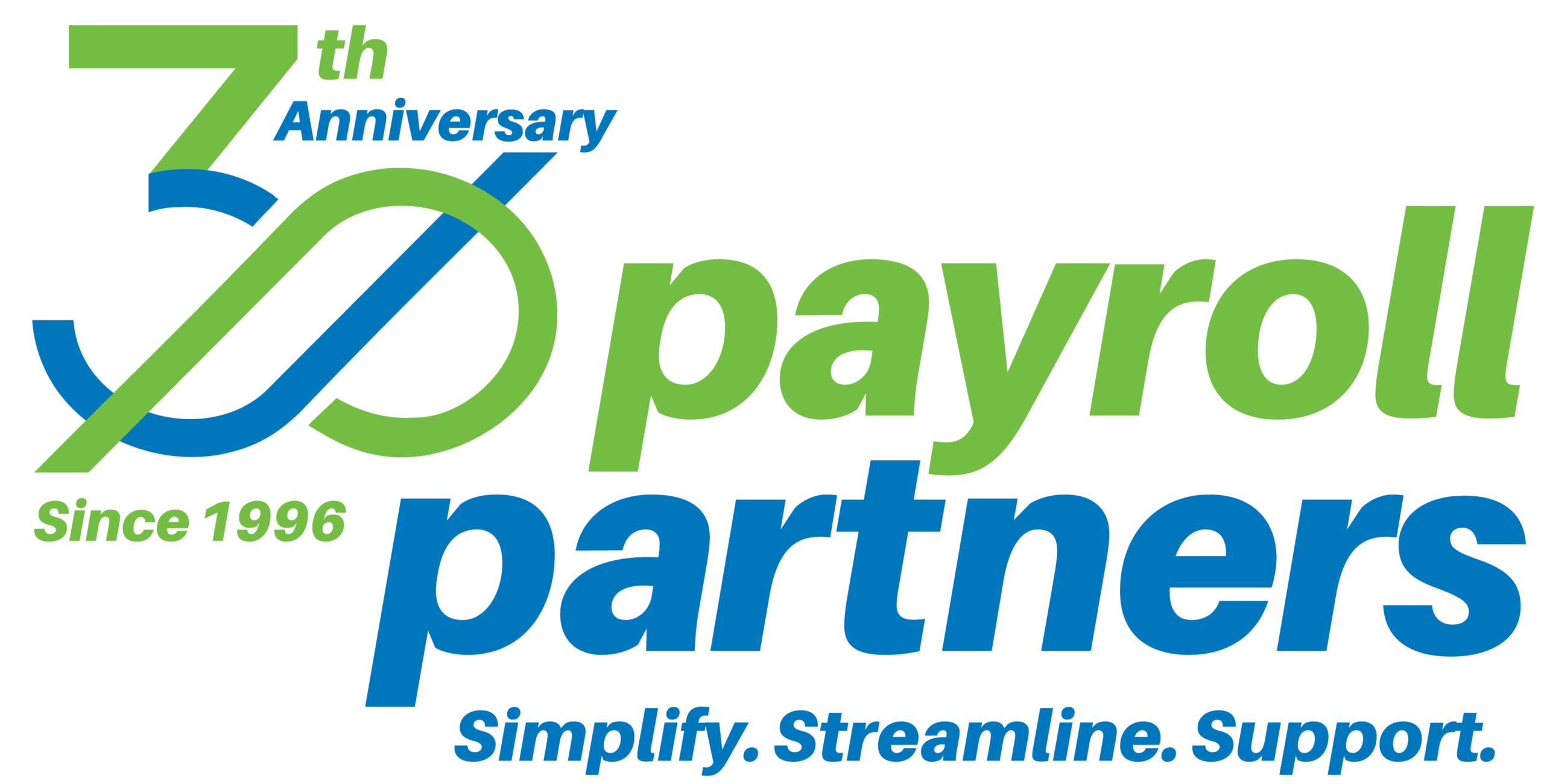A minister’s housing (or parsonage) allowance under IRC 107 is excludable from gross income only to the extent it is used to rent or otherwise provide a bona fide “home”—that is, a dwelling place complete with the usual amenities (such as furnishings and, for example,...
Clergy
Can we give our retiring pastor a monetary thank-you gift?
Yes, but keep in mind monetary gifts to employees are subject to special rules. Two main issues must be addressed: (1) whether the gift will create excessive compensation, and (2) whether the gifts given by individual(s) will be tax-deductible. It's wise to engage a...
Estimated Tax – Safe Harbor Rules
Because clergy are exempt from tax withholding on their paychecks, they will usually need to make Estimated Tax Payments throughout the year to ensure that their taxes are paid. If you don’t do it, it can result in penalties. If you expect to owe at least $1,000 in...
